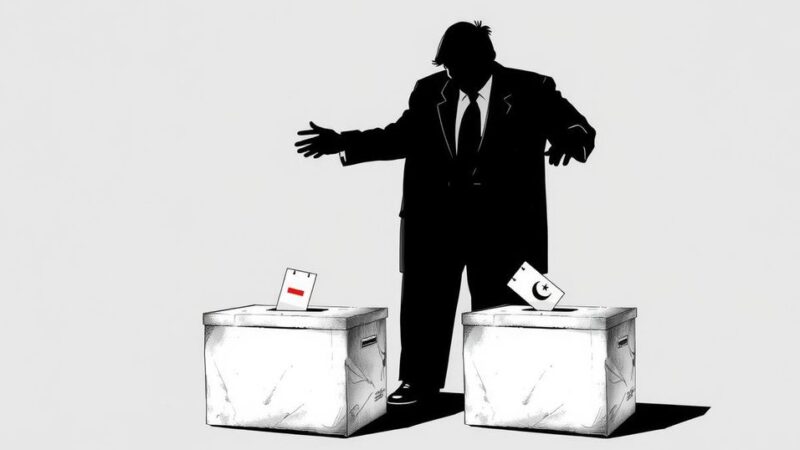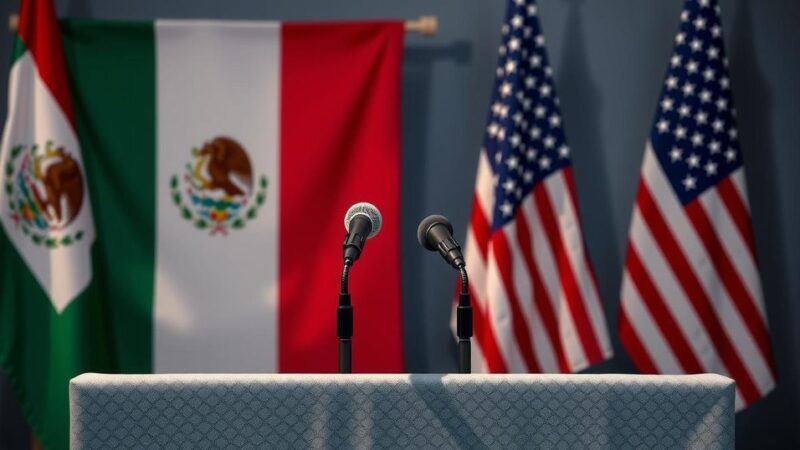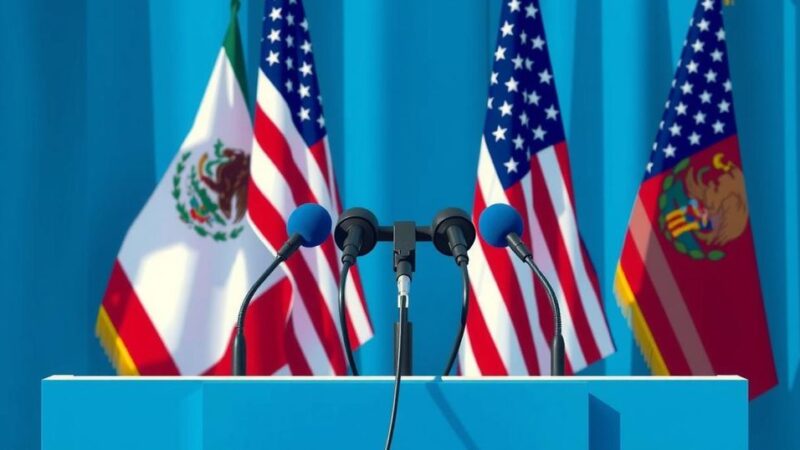Brice Oligui Nguema has been elected president of Gabon with 90% of the votes, following a coup against the Bongo Dynasty that ruled for 55 years. Amidst concerns regarding electoral integrity and continuity from the previous regime, Oligui Nguema aims to restore wealth to the people and address economic issues. His administration looks toward international partnerships and the potential for genuine reform as Gabon heads into the 2025 election.
As of April 13, 2023, Brice Oligui Nguema, a former military leader, secured an astounding 90% of the votes in Gabon’s presidential election. His nearest rival, Alain-Claude Bilie By Nze, garnered only three percent, with the remaining six candidates obtaining less than one percent each. This unprecedented election occurred after Oligui Nguema led a coup that overthrew the Bongo Dynasty in early 2023, just following a contested election result.
The Bongo family’s rule lasted 55 years, marked by allegations of electoral manipulation. Accusations arose against President Ali Bongo Ondimba for rigging elections in favor of his family. The former leaders established a one-party system and often reported false outcomes of elections, indicative of an entrenched autocratic regime. Despite the country’s vast oil and timber resources, approximately 40% of Gabon’s population lived below the poverty line as the governing family amassed significant wealth. By the time of the overthrow, Gabon faced $3 billion in international debt.
The recent election represents an unprecedented moment for Gabonese citizens, who have not participated in an election since the coup. During the interim period, Oligui Nguema chaired the Committee for the Transition and Restoration of Institutions, and seven out of every ten citizens voted, signaling a desire for substantial change. However, some skepticism persists regarding Oligui Nguema’s connections to the previous regime, particularly as he previously led the Republican Guard under Ali Bongo.
Concerns were raised about the integrity of the electoral process, including difficulties in locating polling stations and issues regarding vote security. With the backdrop of a historically corrupt system, doubts remain about whether Oligui Nguema can lead a genuine transition.
“The political establishment in Gabon is still deeply intertwined with the Bongo era,” remarked Ali Hashem from Al Jazeera. He also noted suspicions surrounding Oligui Nguema’s ability to initiate a transformative agenda versus simply rebranding the old order. Nevertheless, following his victory, he expressed a commitment to returning wealth to the citizens.
Oligui Nguema has articulated a vision favoring international partnerships, particularly with the U.S., France, Russia, and China. His transitional administration has successfully welcomed 20 ambassadors and established new embassies in the U.K. and India. Under his slogan “We Build Together,” Oligui Nguema aims to address immediate necessities such as electricity restoration, food shortages, job creation, and the equitable distribution of Gabon’s natural resources. The upcoming 2025 election signifies a potential shift in power dynamics, marking a definitive departure from the Bongo Dynasty’s influence.
Brice Oligui Nguema’s election as president represents a significant departure from the Bongo Dynasty’s prolonged rule in Gabon. The overwhelming electoral support reflects a public yearning for reform and positive change. However, concerns regarding his previous ties to the Bongo regime and the integrity of the electoral process loom large. Moving forward, Oligui Nguema’s proposed changes must address Gabon’s economic challenges while reaffirming the nation’s commitment to equitable wealth distribution and governance. The 2025 election will be a crucial test of these transformative ambitions.
Original Source: etownian.com






